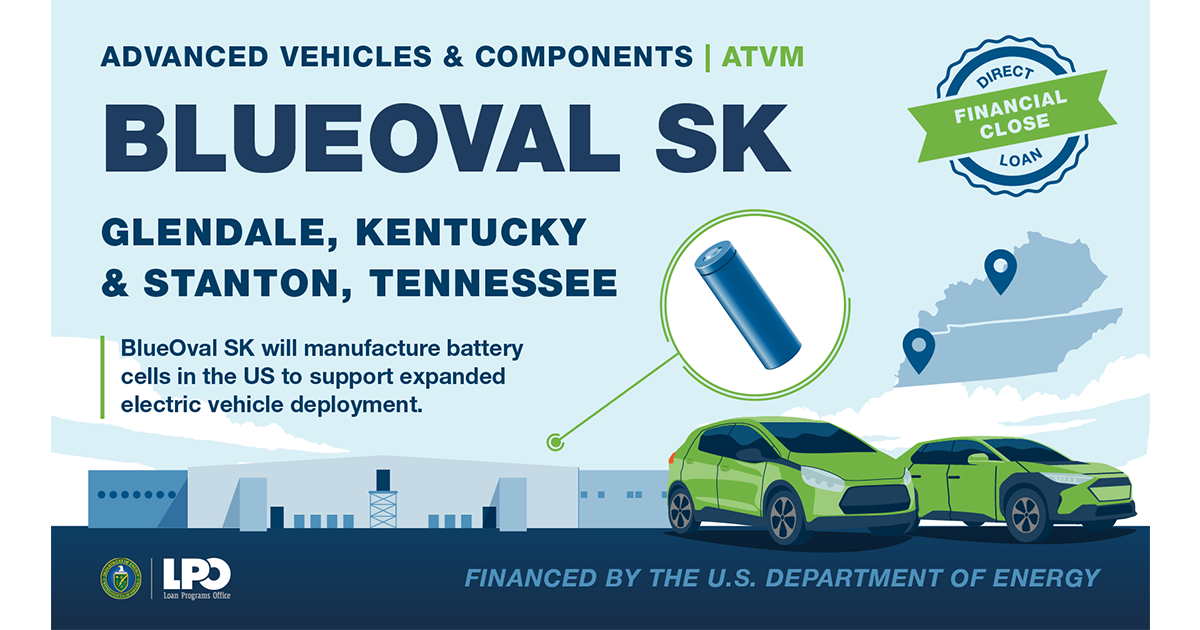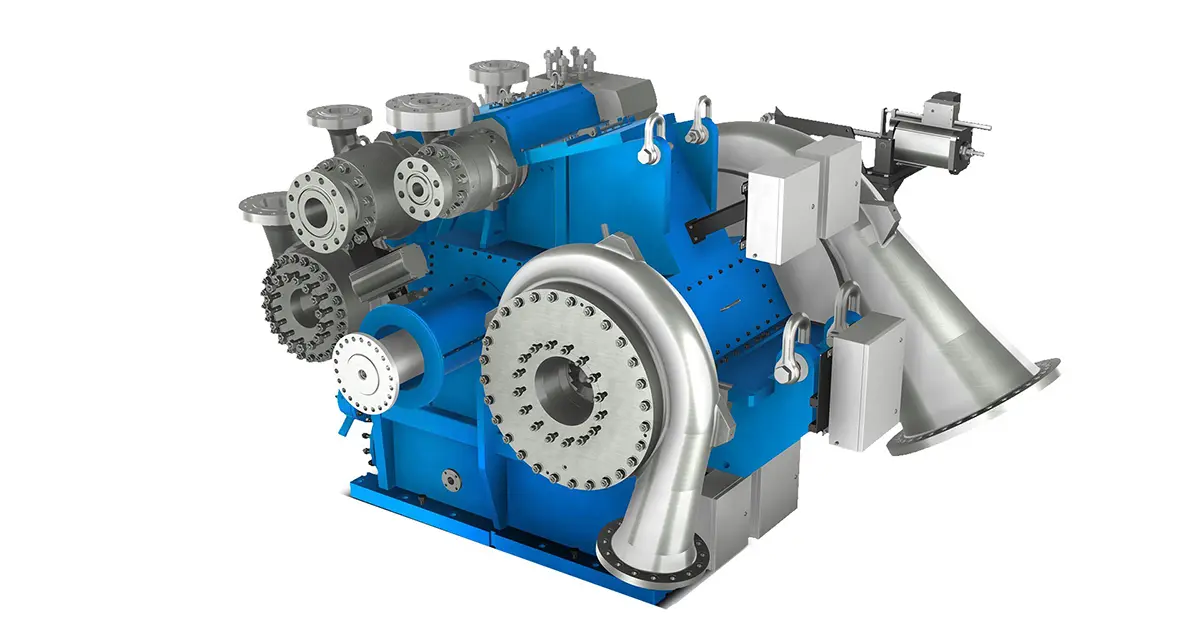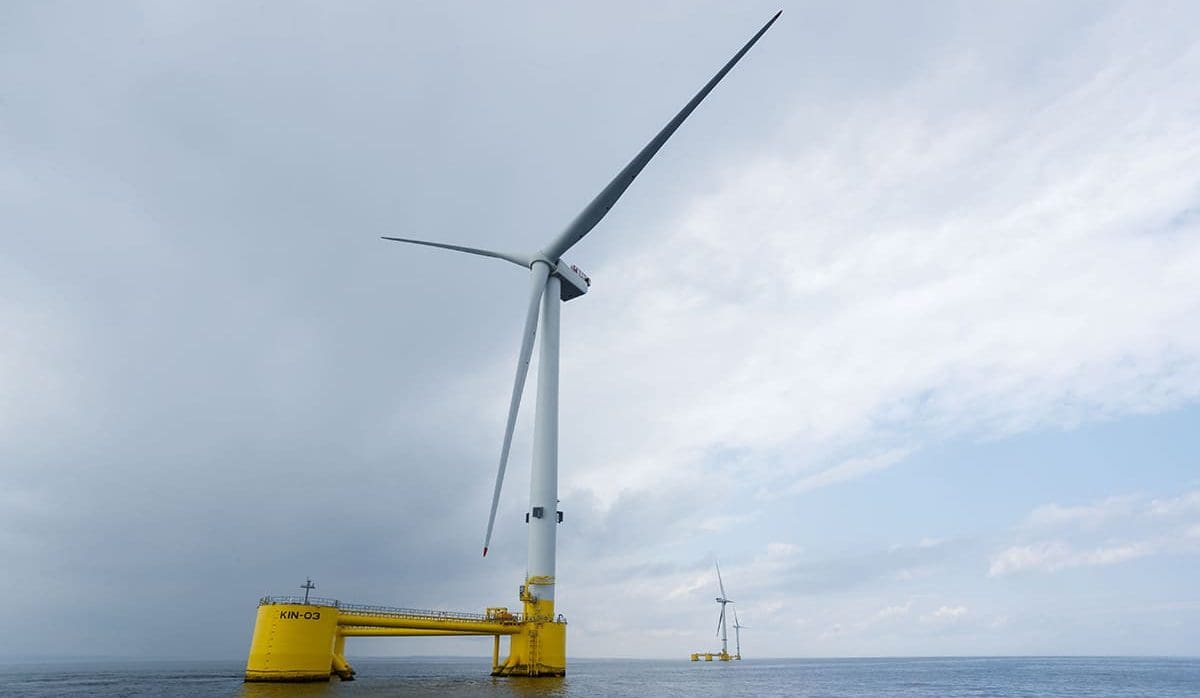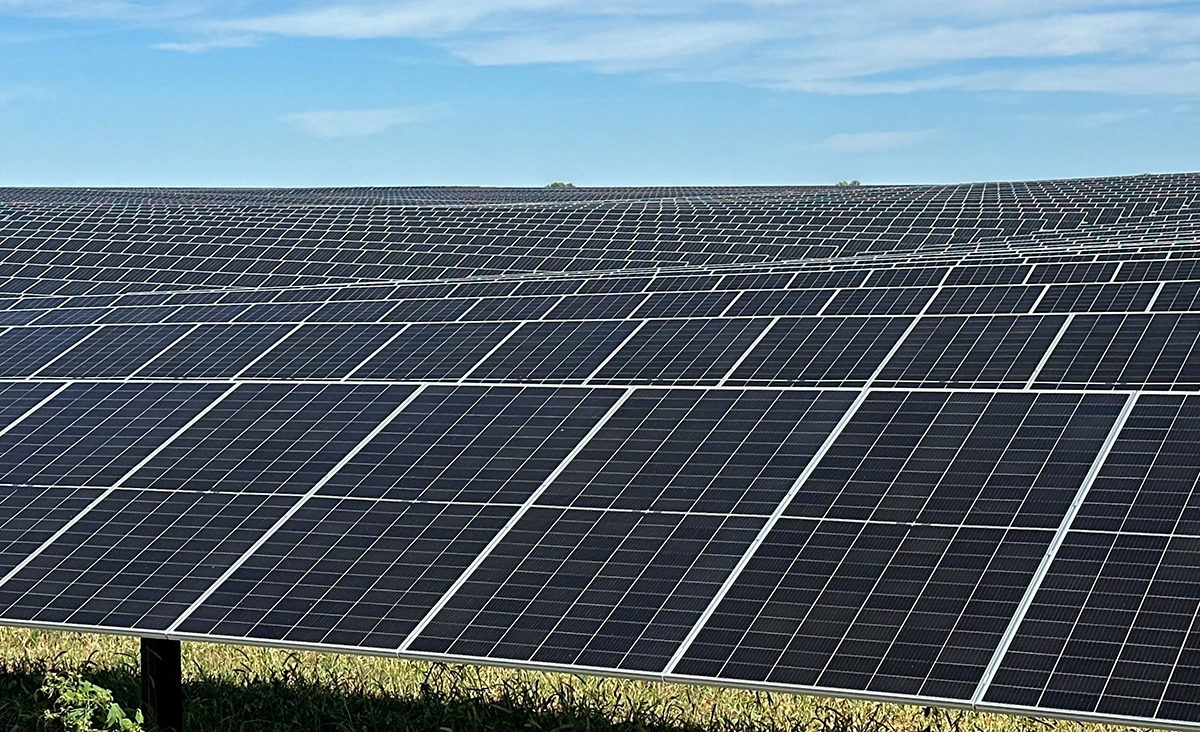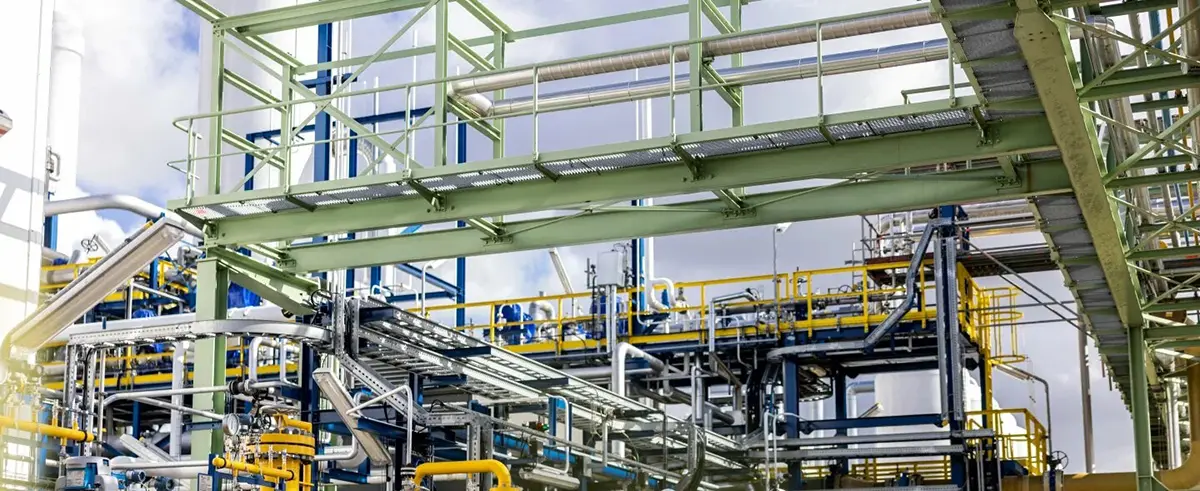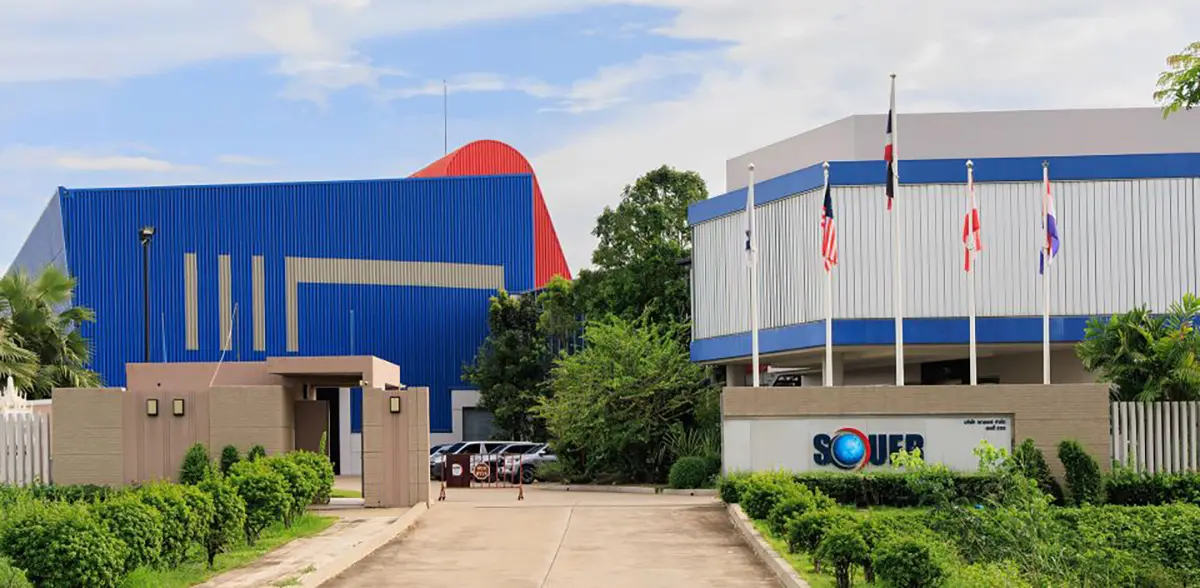
Lucid Posts Loss, Signals Ongoing Luxury EV Demand Issues
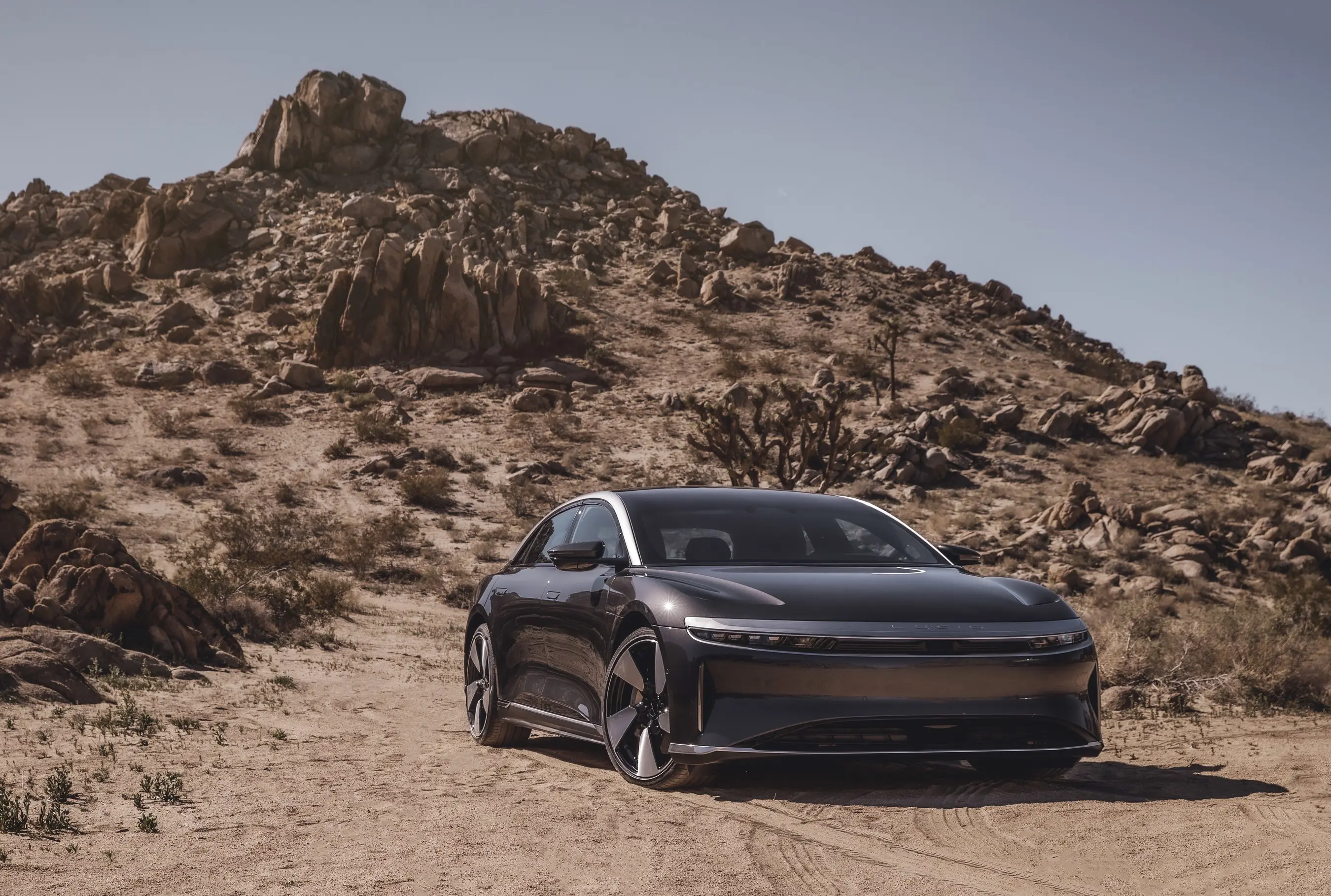
Electric vehicle (EV) startup Lucid Motors (Lucid) reported its Q1 2023 earnings on May 8, 2023. The company booked Q1 revenue of US$149.4 million, a 159% increase compared to the same period last year. But, Lucid keeps losing money on its vehicle sales and is far away from profitability.
The company said is finished the quarter with just over US$3.4 billion in cash, cash equivalents, and investments, with total liquidity of US$4.1 billion. It expects this liquidity to fund operations at least into Q2 2024. However, slowing demand paired with increased competition could pressure Lucid do issue another capital raise if it can’t become profitable within the next year or so.
In Q1, Lucid produced 2314 vehicles and delivered 1406 vehicles. It still expects to produce at least 10,000 vehicles in 2023. At the end of 2021, Lucid had guided for 2022 production of 20,000 units before slashing production guidance to 12,000 units, and then again down to just 6000 units. Lucid only produced 7180 vehicles in 2022.
Like other EV automakers, Lucid is in a race against the cash burn clock. It is trying to scale production to the point where each unit sold will be profitable so the company doesn’t have to rely on cash. However, Lucid is quickly running out of time. An industry-wide slowdown in auto sales paired with a potential recession on the horizon means that the timing of Lucid’s production ramp couldn’t be much worse.

To its credit, Lucid has received rave reviews for its Lucid Air electric sedan. However, the vehicle is incredibly expensive. Versions of the Lucid Air Touring range from around US$112,000 to US$140,000. Went Lucid first went public in 2021, its vision was to create an affordable electric sedan that could compete with the Tesla Model 3. The Lucid Air Pure was expected to beat the Model 3 in performance. The Lucid Gravity SUV, which also features impressive specs, is another product in Lucid’s production pipeline.
Lucid’s Touring may be expensive, but few EV s come close in terms of performance. The Lucid Air Grand Touring features an official US Environmental Protection Agency estimated 516 miles (830 km) of range or 1050 hp.
Possibly Lucid’s biggest mistake thus far was that it invested heavily in initial upfront manufacturing costs, including building vertically integrated technology (and batteries) in-house. If Lucid becomes successful, these investments should pay off big time. As for now, these initial costs may have put the cart before the horse and left Lucid desperately cash strapped during an unfortunate time in the economic cycle.
Lucid may have trouble raising more money at an attractive rate. Its options will likely be to further dilute its depressed stock price at the expense of disgruntled shareholders or take on debt at a high interest rate. Lucid is one of several examples that technology alone cannot guarantee success, even in a rapidly growing industry like EVs.

